About Us
Advertise With Us
RSS Feed | Content Syndication
Terms & Conditions
Privacy Policy
Contact Us
BollywoodShaadis.com © 2025, Red Hot Web Gems (I) Pvt Ltd, All Rights Reserved.
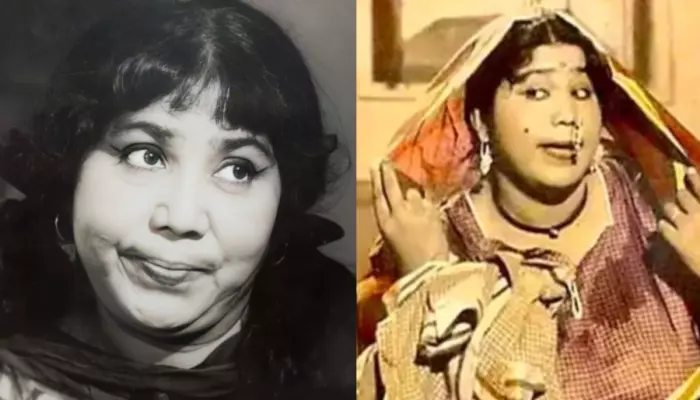
Tagged as the permanent comic relief in Hindi cinema, Tun Tun was the first female comedian in Hindi cinema. As much as she made people laugh, her own life was weaved with tragedy. Born as Uma Devi Khatri in 1923, in a small village near Amroha, Uttar Pradesh, the comedienne's life was stained with a devastating tragedy.
Uma Devi’s family was murdered because of a land dispute, and she was orphaned at a very young age. The faces of her parents and brother were just a faded memory in her mind. When famous film critic, Shishir Krishna Sharma interviewed her days before her death, Uma revealed that she didn’t remember how her parents looked and that one fine day, her brother was also killed.
Also Read: Reema Lagoo's Bittersweet Life: Accepted Ageism, Love Story At A Bank, Amicable Divorce, Death At 58
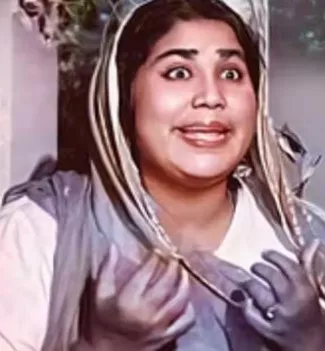
Uma Devi, the face synonymous with comedy, lived a tragic life. Although she made people laugh, her story was also weaved with poverty and loneliness. Let us read on to learn how Uma Devi Khatri became Tun Tun.
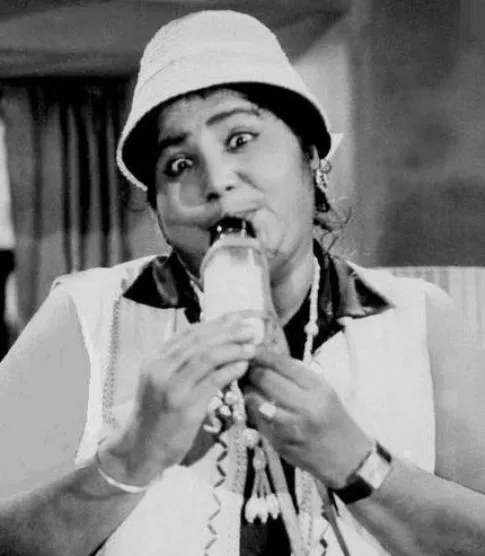
After losing her family, Uma was taken in by her relatives, who lived with them like their maid. The only solace in Uma Devi’s life was music. She would listen and sing songs and dreamt of becoming a popular singer. Uma’s life took a U-turn when she met an Excise Duty Inspector, Akhtar Abbas Kazi, who motivated her to sing. At the age of 23, Uma ran away to Bombay to try her luck in playback singing and landed at music composer, Naushad Ali’s doorstep. Eager to prove herself, Uma threatened Naushad Ali to throw herself in the ocean if she didn’t get a chance to audition.
Continue reading below
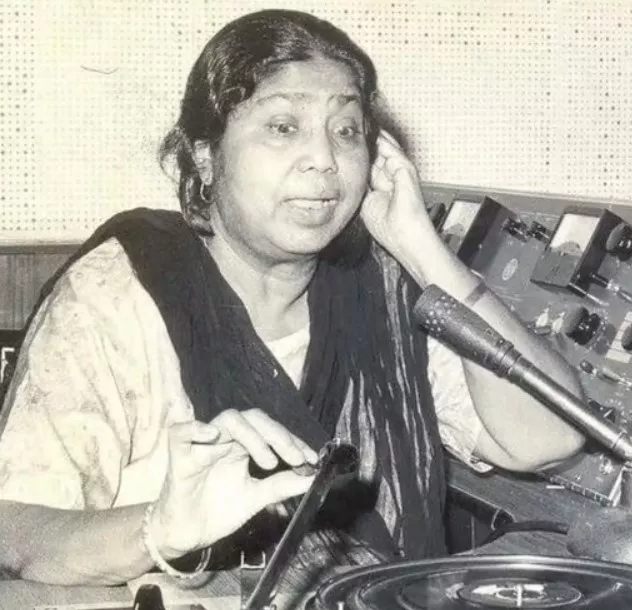
Though she was not a trained singer, Naushad was impressed with the quality of her voice and gave her an opportunity to sing. Uma made her singing debut in 1946 in the film, Wamiq Azra. But it was the song, Afsana Likh Rahi Hoon Dil-e-beqarar ka, from the film, Dard, which made her a breakthrough.
Recommended Read: Why Shashi Kapoor's Sons And Daughter Were Rejected By Bollywood, Here's What They're Doing Now?
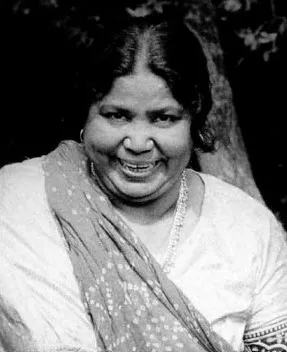
Since then, Uma has received many song offers and achieved the pinnacle of success without any formal training. However, due to her limited range and older style of singing, Uma found it difficult to compete with singers like Lata Mangeshkar and Suman Kalyanpur. Eventually, she took a hiatus from singing and focused on her family.
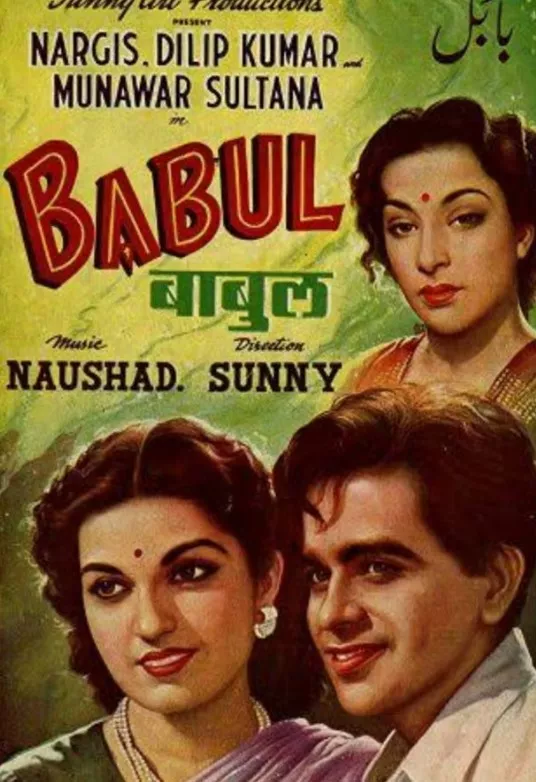
When Uma Devi made her comeback in the 1950s, Naushad suggested she try her luck in acting because of her jovial nature and impeccable comic timing. However, being a die-hard Dilip Kumar fan, she was adamant that she would only act in movies if her first film starred Dilip Kumar. Naushad asked Dilip Kumar to cast her in one of her films, and she signed up for Babul, which featured Dilip Kumar and Nargis in lead roles.
Also Read: Revisiting Nutan's Life: Was Called An 'Ugly Child', Took Mother To Court, Slapgate, Death To Cancer
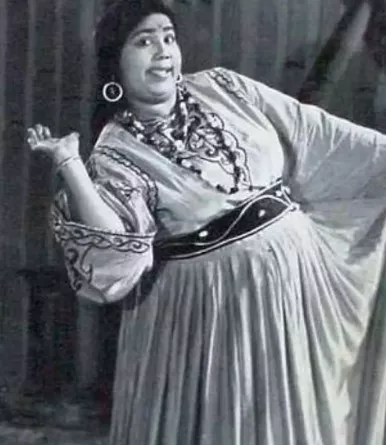
Dilip Kumar gave Uma Devi the name Tun Tun because of her comic persona, which later became synonymous with plus-size characters. At that time, fat shaming was considered okay, and Uma Devi happily accepted the moniker.
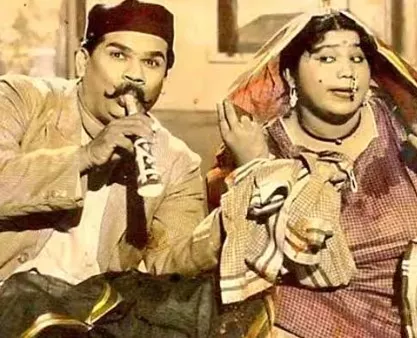
Soon, Tun Tun became the comic relief in over 200 films and assumed the position of the first female comedian in Hindi cinema. In her five-decade career, Tun Tun acted in multiple languages and made a permanent mark in Bollywood with films like Awaara, Mr and Mrs ‘55, Pyaasa, and many others.
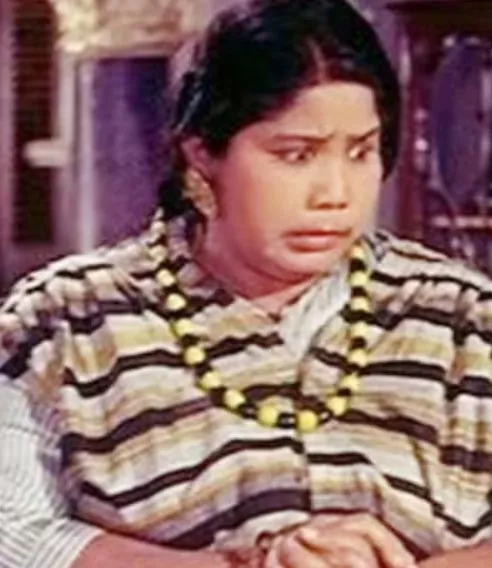
Despite giving a good part of her life to cinema, Tun Tun never received any award or recognition. The woman, whose contribution as a singer and a permanent comic figure was taken for granted by the industry, who abandoned her in her twilight years. The actress lived her last years in a chawl, struggling to meet ends.
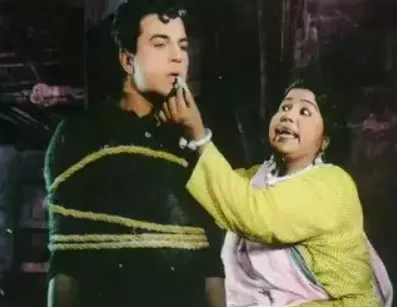
Journalist Shashi Ranjan of The Times of India, who interviewed Tun Tun in her final days, recalls the poor condition in which the actress lived and stated how she scrapped money to pay for medicines. In his words:
“When I found her, she was living in a chawl and living in bad condition and she was very sick. When the production guys met her, she said that she couldn’t walk and had trouble even getting herself food. When I got to know about this, I went to meet her and requested her for an interview. She was very happy. But when she told me the stories of how she was managing to get some money so that she could afford to buy medicine, I was deeply hurt. So, I paid her 25,000 rupees for doing an interview with us.”
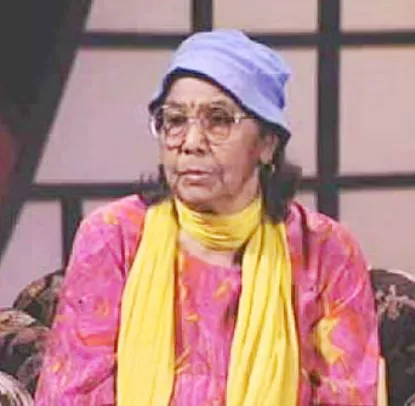
Tun Tun made everyone laugh, even during her misery. Her sense of humour was such that despite her extreme conditions, Tun Tun laughed at her poverty and at the way the world treated her.
Recommended Read: Aruna Irani's Alleged Affair With Mehmood, Wedding With A Married Man, Decision To Not Have Children
advertisement
advertisement
advertisement
